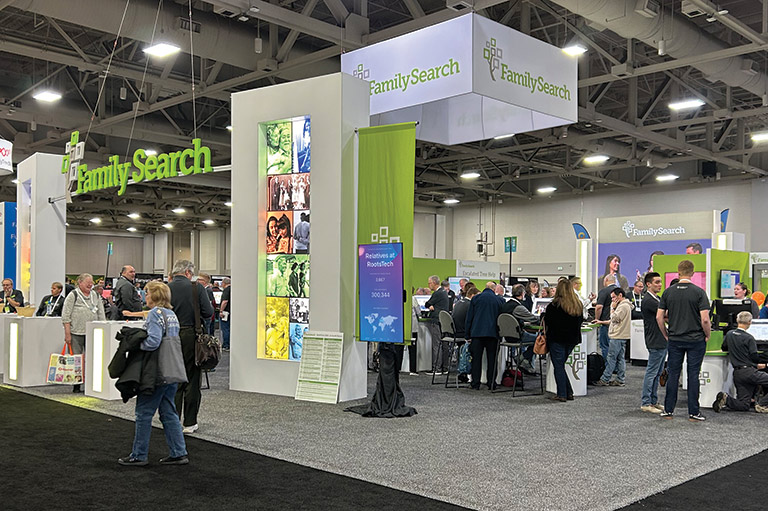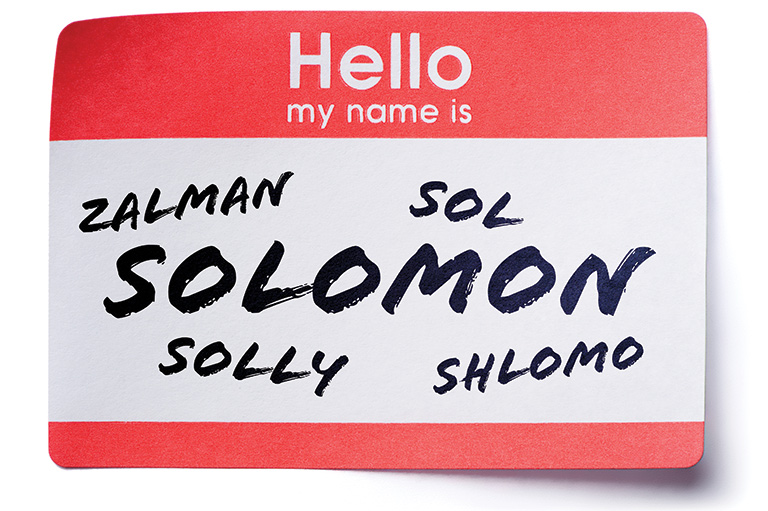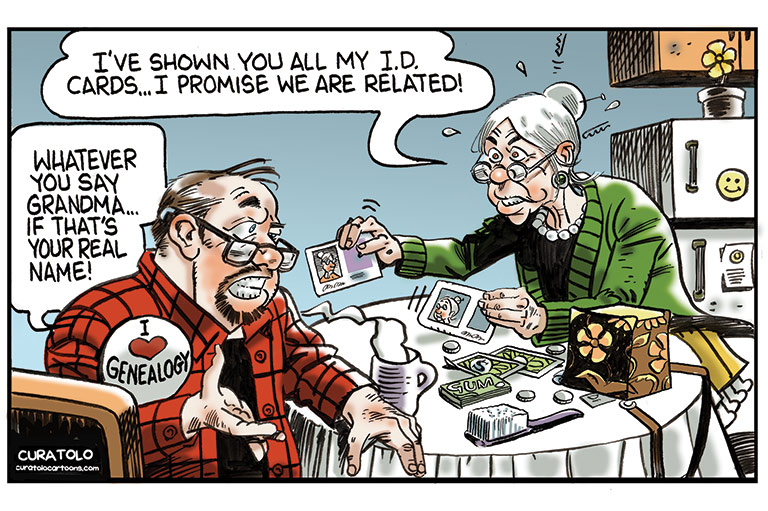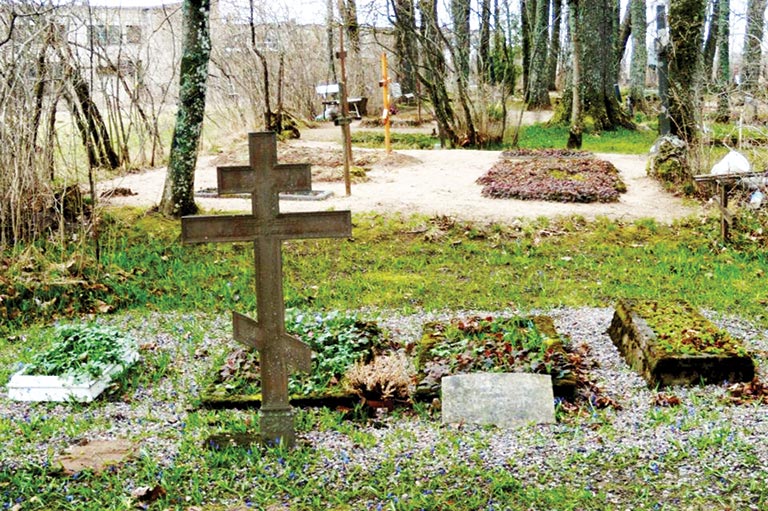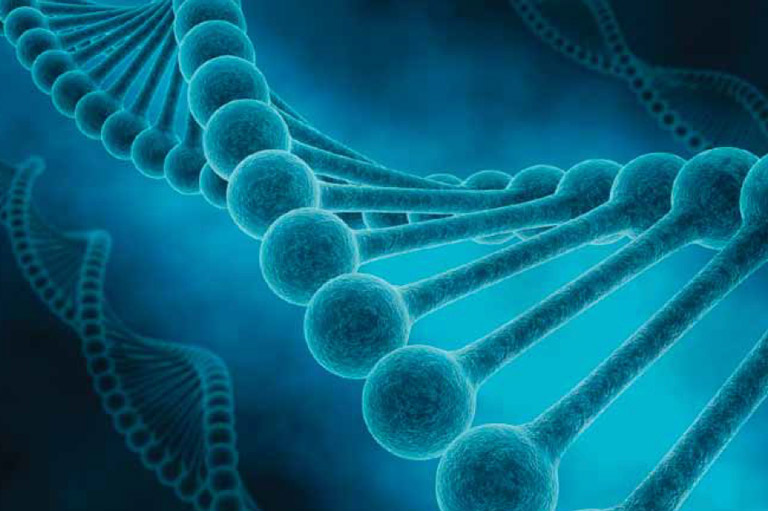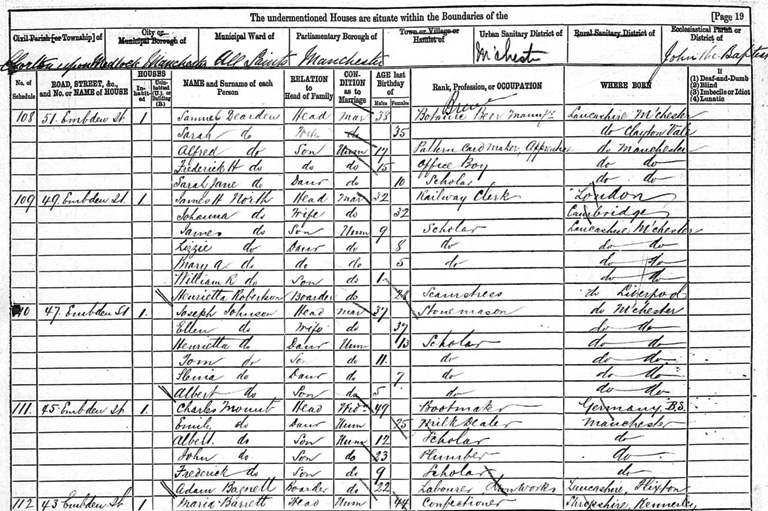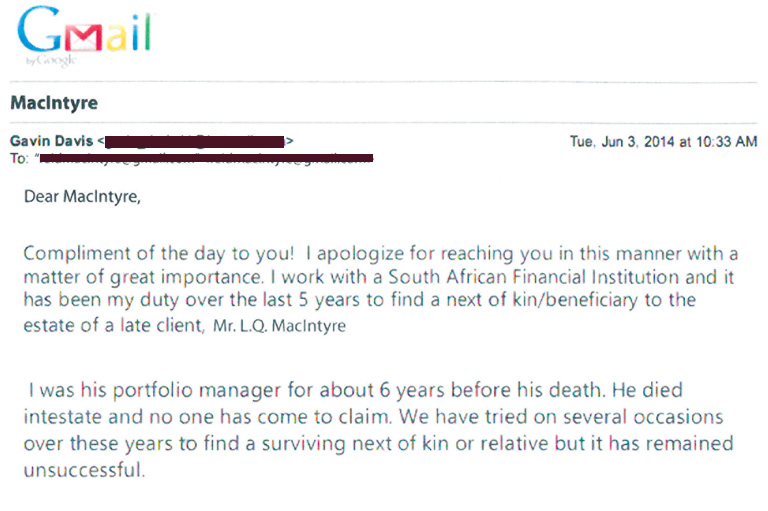Roots: Social Studies
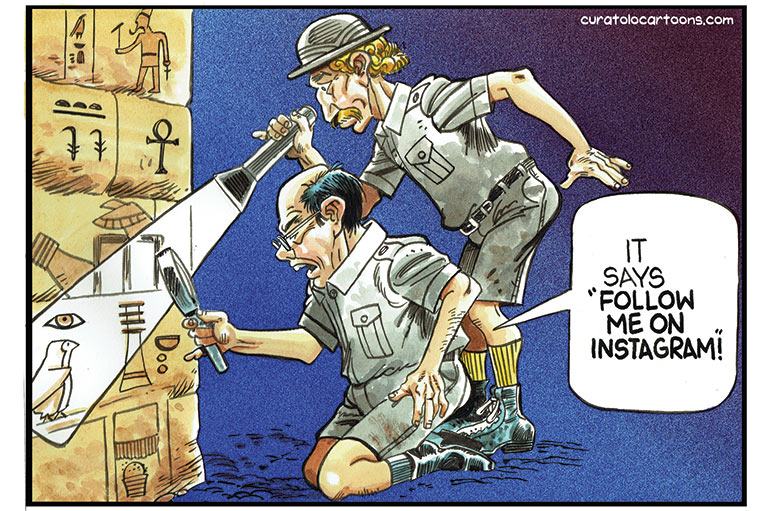
Last time in this column, we looked at social-media etiquette for genealogists. Now that you know the rules of engagement, here’s how to use Facebook, Google Groups, LinkedIn, Reddit and others to further your research.
Joining in. How do you find an online group that can help with your genealogical questions? Simply fire up your search engine with the search term “genealogy groups” and the surname, place or research topic of interest. If you’re particularly partial to one platform, just add it to your search term. For example, “Facebook genealogy groups Nova Scotia” turned up half a dozen good suggestions.
Reading old handwriting. Most online genealogy groups are happy to assist researchers trying to decipher semi-legible records. People often ask for help in making out occupations, given names, surnames, place names and causes of death when the script is unfamiliar or the handwriting sloppy. All researchers have had to grapple with comparable paleographic puzzles.
Dating photos. Do you own an old family photograph and have no idea who’s in it? A good starting point is to determine the date of the picture. One researcher asked an online group for opinions about a handsome-butunidentified wedding portrait. Most members believed the fashions were those of the 1910s. Next step for the researcher: identify all weddings in her extended family during this decade.
Exploring unfamiliar sources of information. Even the most experienced researchers turn to expert guidance in online groups when necessary. Military records, uniforms, insignia and medals can seem especially opaque to the layperson. Fortunately, many online military-history enthusiasts are eager to help. The same could be said for the records of jurisdictions, religious denominations or organizations with which you have no experience.
With 7 uniquely curated newsletters to choose from, we have something for everyone.
Learning to use technology. Most genealogists use family-tree software; most have also “done” their DNA. Beyond that, though, these folks tend to be neither computer whizzes nor genetic scientists, and can be intimidated by too much theory or technical jargon. When they’re stuck, asking for a helping hand from a more experienced user in an online group can make the difference between succeeding and giving up.
Translating foreign records. Here’s a tip from Canadian professional genealogist Janice Nickerson. When encountering a document in an unfamiliar language, approach foreign genealogy groups to provide context and translation. For example, a Chilean researcher explained to me that “por delagación del Señor Arzobispo” in an 1859 document did not mean “by delegation of the Lord Archbishop,” as suggested by Google Translate. Rather, the correct interpretation was “with the permission of the Lord Archbishop.”
Tracking down genetic cousins. Perhaps the most exciting use of social media is contacting people who have shown up as genetic matches on a commercial DNA test. These folks are often not responsive to contact through the DNA company; a letter containing photos or a family tree is much more likely to elicit a reply. But how to get a postal address? You can gain enough personal information to make contact and get that address by studying social media profiles of people with the same name or “handle.” Facebook and LinkedIn can be particularly informative. Based on the person’s social-media handle, examine profiles, photo reels, posts and friends’ comments until you find a person who most likely fits.
Placing a digital ad. Finally, there is one use of social media that I’d like to try: targeted online advertising to solicit information. The facts I need to address a problem might be common knowledge among the residents of the village where the mystery arose. Online publicity — analogous to newspaper personal ads of yesteryear — could be the way to go: “Seeking any information about….” How much is a breakthrough worth? I think it’s worth finding out.
Advertisement
We hope you will help us continue to share fascinating stories about Canada’s past.
We highlight our nation’s diverse past by telling stories that illuminate the people, places, and events that unite us as Canadians, and by making those stories accessible to everyone through our free online content.
Canada’s History is a registered charity that depends on contributions from readers like you to share inspiring and informative stories with students and citizens of all ages — award-winning stories written by Canada’s top historians, authors, journalists, and history enthusiasts.
Any amount helps, or better yet, start a monthly donation today. Your support makes all the difference. Thank you!
Themes associated with this article
Advertisement
You might also like...
Save as much as 40% off the cover price! 4 issues per year as low as $29.95. Available in print and digital. Tariff-exempt!



